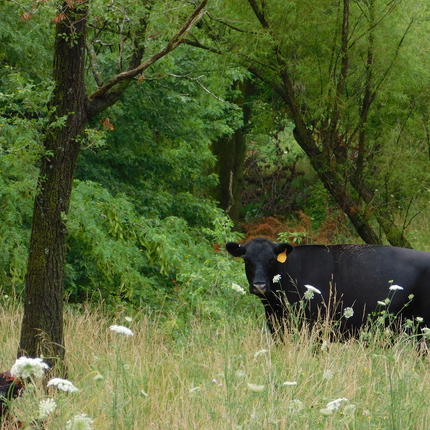By Roz Brown, Public News Service - Iowa
Concerns are being raised about cuts to programs in the latest version of the Farm Bill that could undermine Iowa farmers' progress on sustainable agriculture.
The controversial bill passed by only two votes in the U.S. House last week, with all Democrats opposed and 20 Republicans joining them.
It would eliminate the Conservation Stewardship Program or CSP, and cut conservation funding by $5 billion.
Anna Johnson, a senior policy associate with the Center for Rural Affairs, says the CSP has been part of the Farm Bill since 2002.
It helps farmers take steps to preserve water and soil, and maintain wildlife habitat.
"It allows farmers and ranchers to continue to be producing on their land, while also instituting the conservation practices that are most helpful and most relevant for their operation," she states.
The American Farm Bureau sees the bill as a "big win" for farmers, because it makes improvements to risk management and crop insurance programs.
The Senate is expected to take up its version of the Farm Bill this week, and the two will be combined for a vote ahead of a Sept. 30 deadline.
The Farm Bill is revised every five years, and the current debate comes at a time when farm income is at its lowest point in 12 years.
Johnson says there also are concerns that the House version would reduce vibrancy and diversity in rural communities, by keeping loopholes in place for offsite or marginally connected landowners, who benefit from agricultural subsidies at the expense of working farmers.
"Farm programs and farm subsidies are really important and most farmers use them responsibly,” she states. “But these multi-million-dollar payments are a problem and the House bill did nothing to address that, and actually made the existing loopholes even bigger."
Sen. Chuck Grassley of Iowa is pushing an amendment to the Senate Farm Bill that would close the loopholes he says cause taxpayers to lose $200 million annually in farm benefits paid to non-farmers.





